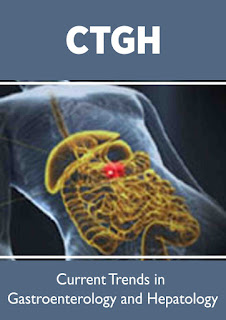May Gastrointestinal and Sensory Manifestations be related to Worse COVID-19 Phenotypes
Abstract Extra pulmonary symptoms may contribute to poor outcome in COVID-19. We compared the frequency of gastrointestinal and sensory manifestations (GSM) between mild and severely ill patients with COVID-19, alone or combined with classic respiratory manifestations (CRM). Hospitalized patients with COVID-19 (n = 357) were classified according to their disease severity by using a neutrophile/lymphocyte ratio value ≥18 for severe illness. Presence of CRM and baseline clinical data were recorded. Presence of >3 liquid evacuations per day (diarrhea), decreased usual bowel movements (constipation), nausea/vomiting, lack of appetite (anorexia), abdominal pain, loss of taste (dysgeusia) and/or loss of smell (anosmia) were personally recorded by the investigators at the study admission. Severely ill patients (47.3%) presented worse clinical markers than mildly ill patients, including higher risk of malnutrition and higher need for non-invasive respiratory support ...
